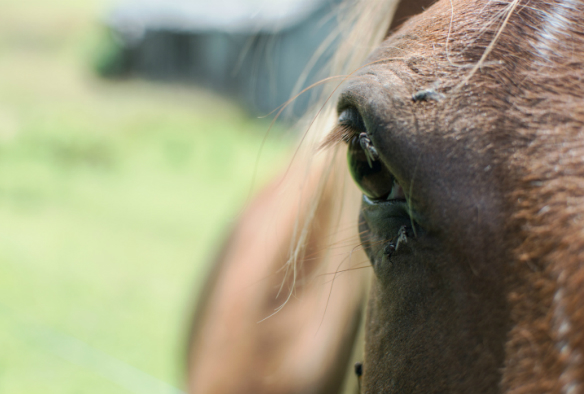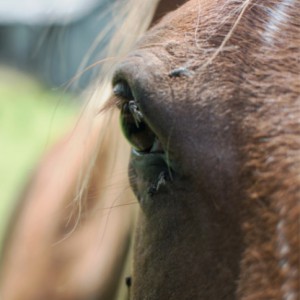
To coincide with European Antibiotic Awareness Day, researchers from the University of Liverpool have edited and contributed to a special online collection of research papers relating to the use of, and resistance to, antimicrobials in horses, which is published today by the Equine Veterinary Journal.
The collection highlights the current understanding of equine antimicrobial resistance and how the veterinary profession can preserve the effectiveness of these essential medicines.
Major health threat
Antimicrobial resistance is an emerging clinical problem, recognised internationally as one of the largest threats to human and animal health. All major health and veterinary organisations are working to try and limit the development of resistance so that effective antimicrobials can be retained for use in clinical practice.
The new online collection is edited by Professor Peter Clegg, a specialist in Equine Surgery and Head of the University’s Institute of Ageing and Chronic Disease, and covers current trends on bacterial populations in equine infections, risk factors for antimicrobial resistance and the appropriate use of antimicrobials in equine veterinary practice.
Professor Clegg said: “It remains to be determined how big a problem antimicrobial resistance will become for the equine veterinary profession, either through greater difficulties in treating horses, or through political pressure to restrict the access of veterinary surgeons to antimicrobials.”
Strategies for the future
Four of the fourteen contributions come from University of Liverpool researchers, including a review of the current epidemiology of antimicrobial resistance in the horse, a study of the prevalence of MRSA and faecal carriage of antimicrobial resistant Escherichia coli in UK horses, and an investigation of appropriate use of antimicrobials in equine veterinary practices.
Professor Clegg adds: “Researchers at the University of Liverpool have a long track record of investigating the underlying biology of antimicrobial resistance in both animals and humans. Understanding how bacteria become resistant to drugs commonly used by veterinary (and human) clinicians will allow strategies to be developed to maintain effective drugs to treat common bacterial infections in the future.”
The online collection is available free online at: http://bit.ly/1QhOo7b
